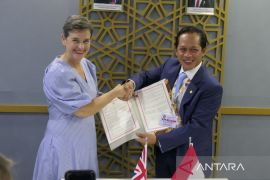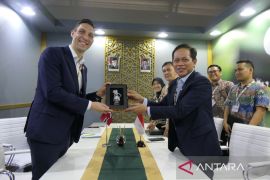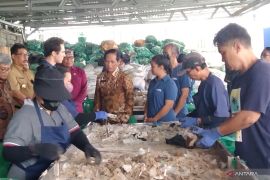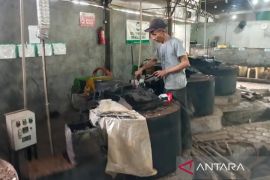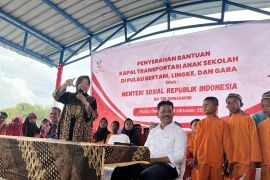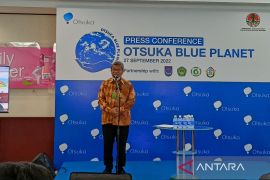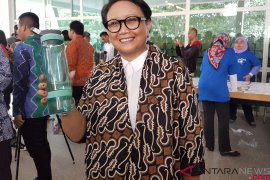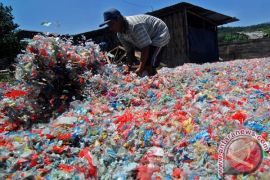She revealed that the items that will be phased out include polystyrene foam food packaging, single-use food utensils and plastic straws, plastic bags, multilayer packaging, and small-sized packaging.
"This measure aims to control waste that is hard to collect, has zero economic value, and is difficult to recycle," Bakar said.
"We also want to reduce the risk of contamination from packaging made of polyvinyl chloride and polystyrene," she added.
The government has set a national target of reducing waste by 30 percent and increasing the rate of waste handling to 70 percent by 2025.
Bakar said that her ministry is continuing to encourage regional governments to establish policies and strategies for waste management from its source to the final processing step.
She also stated that the government has enacted several laws and regulations to regulate waste management.
These include Law No. 18 of 2008 on Waste Management, Government Regulation No. 81 of 2012 on Household Waste Management, and Government Regulation No. 27 of 2020 on Specific Waste Management.
The government has also issued derivative regulations that govern all phases of waste management for producers, the general public, and regional governments.
Bakar said that the government is working with producers to reduce waste from product packaging.
Producers in the manufacturing, retail, and food and beverage sectors are required to reduce waste from product packaging through the reduce, reuse, and recycle approach, she added.
The ministry targets producers capable of reducing packaging waste by 30 percent in 2029. This is in line with the goal of encouraging the development of sustainable businesses and a circular economy in Indonesia.
Related news: Environment Minister calls for fight against plastic waste pollution
Related news: Indonesia prevents 200,000 tons of plastic waste from entering sea
Translator: Sugiharto P, Nabil Ihsan
Editor: Anton Santoso
Copyright © ANTARA 2023

